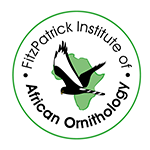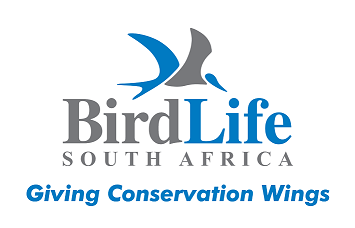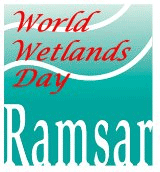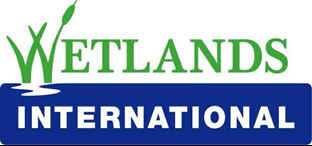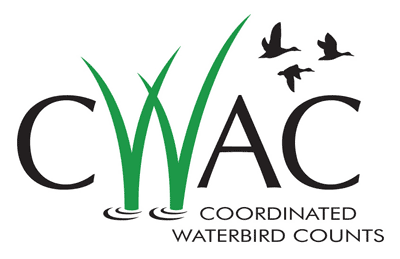
Welcome to the Coordinated Waterbird Counts (CWAC) website!
Across South Africa and Kenya citizen scientists conduct bi-annual counts of waterbirds at registered waterbodies. Counts are submitted on this website and the data is curated by the University of Cape Town's FitzPatrick Institute of African Ornithology.
CWAC was started in 1992 by the Animal Demography Unit as part South Africa's commitment to international waterbird conservation. Numerous counts are conducted each year, contributing to this unique dataset.
Do you want to get involved?
Click here to find a site to monitor near you.
Register to receive your Citizen Science number
Join our Facebook group or get in touch with us and we can help you get going
Want to access the data? Check out our API page or drop us an email
What is the BIRDIE Project?
This project aims to improve and leverage two citizen science-based freshwater bird monitoring data sets which are rich in detail, and spatial and temporal resolution but are not currently being effectively applied in species and wetland ecosystem conservation and management. The Coordinated Waterbird Counts (CWAC) project, part of South Africa's commitment to international waterbird conservation, has wetland bird counts going back to the 1970s. The Southern African Bird Atlas Project (SABAP) phase 2 started in 2007 and collects approximately 1 million records per year.
SANBI is currently collaborating with the FitzPatrick Institute for African Ornithology (FIAO, UCT) and the Centre for Statistics in Ecology, Environment and Conservation (SEEC at the University of Cape Town, UCT) on collecting, curating and analysing these critical freshwater bird data sets. We recognise the step-change in value that we could get from our existing work by developing and automating statistical computing work flows and data visualization techniques and working with Seascape Belgium and the Royal Belgian Institute of Natural Sciences (RBINS), aim to develop this into a dynamic web application. These partners bring statistical modelling capacity and coordination to understand the management challenges and threats to water birds and their associated wetland habitats in South Africa, including a rigorous comparison of statistical model outputs with a full suite of species, and streamlining of methods.
